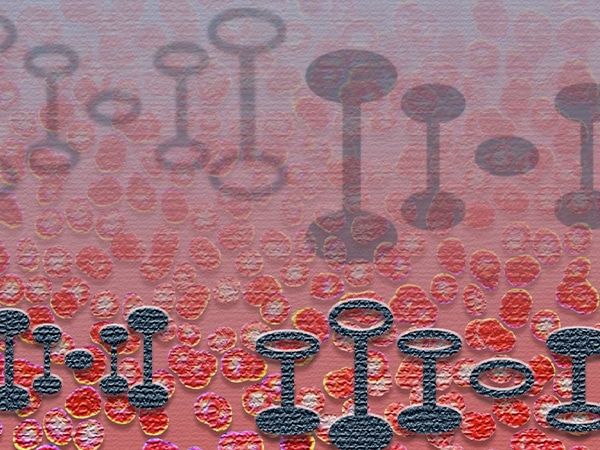Myelodysplastic Syndromes

A myelodysplastic syndrome is a type of cancer in which the bone marrow does not make enough healthy blood cells and there are abnormal (blast) cells in the blood and/or bone marrow.
In a patient with a myelodysplastic syndrome, the blood stem cells do not become healthy red blood cells, white blood cells, or platelets. These immature blood cells, called blasts, do not work the way they should and either die in the bone marrow or soon after they go into the blood. This leaves less room for healthy white blood cells, red blood cells, and platelets to form in the bone marrow. When there are fewer healthy blood cells, infection, anemia, or easy bleeding may occur.
Age and past treatment with chemotherapy or radiation therapy affect the risk of myelodysplastic syndrome. Other risk factors for myelodysplastic syndromes include, being exposed to certain chemicals, including tobacco smoke, pesticides, fertilizers, and solvents such as benzene as well as being exposed to heavy metals, such as mercury or lead.
The cause of myelodysplastic syndromes in most patients is not known.
Myelodysplastic Syndromes Treatment (PDQ®)Source: National Cancer Institute



